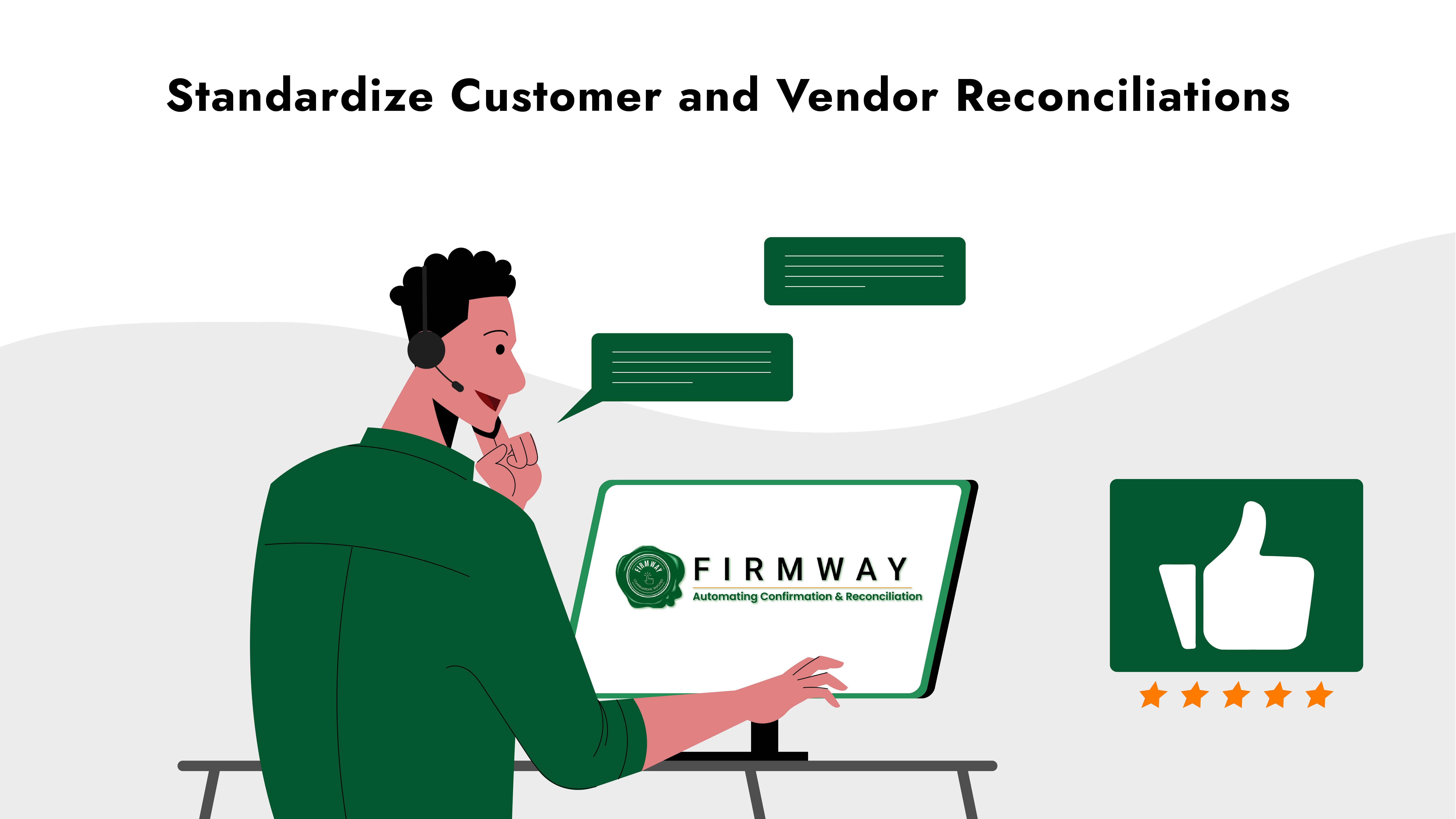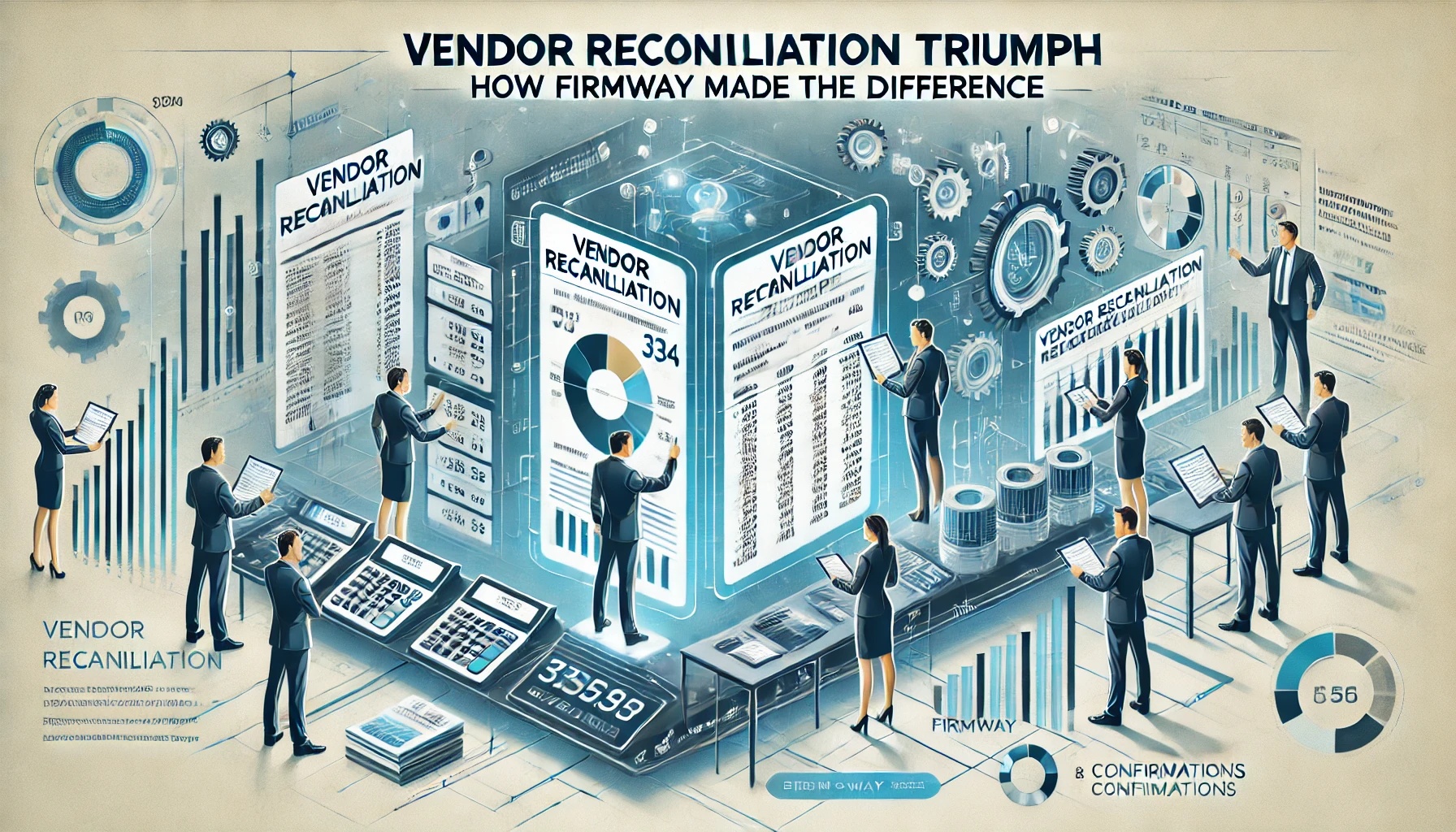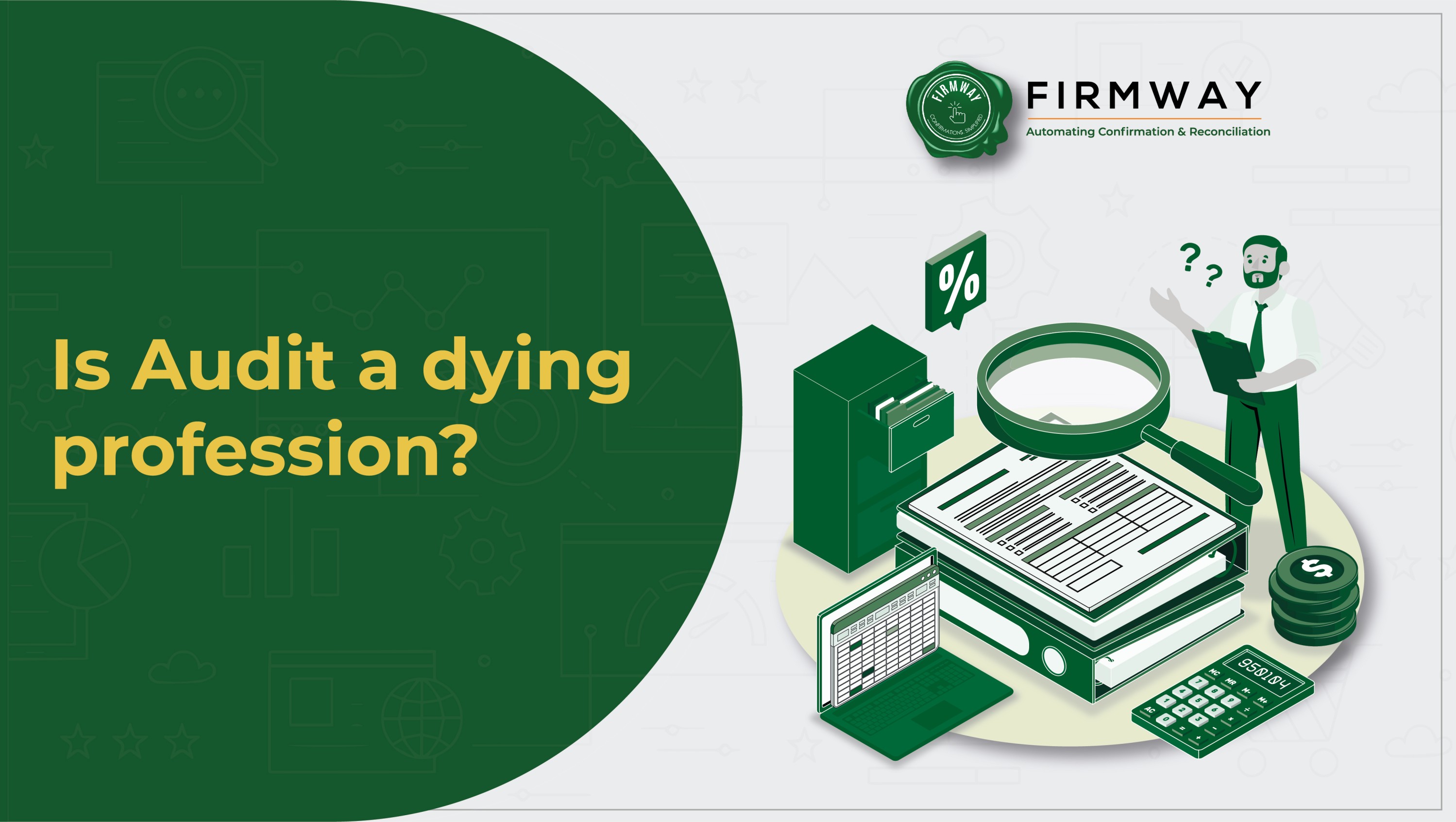ICAI Introduces New Audit Working Paper Templates for 2023
In July 2023, the Institute of Chartered Accountants of India (ICAI) introduced noteworthy additions to the audit working paper templates. These ICAI audit working papers particularly focuses on the third-party confirmation and its documentation. Today, we aim to summarize the key aspects regarding this recent development and help auditors realize the relevance of these new audit working paper templates for third party confirmation.
As we know, audit working papers are a critical component of the audit process, serving as written records of audit procedures, findings, and conclusions reached by the auditor. The ICAI audit working papers play a crucial role in complying with the Standard on Auditing (SA) 230, Audit Documentation. It requires auditors to prepare sufficient and appropriate audit documentation to support their audit opinion.
Third-Party Confirmation
Third-party confirmations play a crucial role in validating the accuracy of financial records, as they provide an independent and objective assessment of the information presented in the audited entity’s books.
Benefits of ICAI’s Third-Party Confirmation Templates
- ICAI’s introduction of third-party confirmation and documentation templates marks a significant step towards ensuring consistency and efficiency in the audit process.
- These templates help auditors structure and format their work papers consistently, simplifying the organization and documentation of procedures performed.
- Financial aspects covered include accounts receivables, accounts payables, related party transactions, communication with those charged with governance (TCWG) in the audit working paper templates.
- ICAI has drafted the working papers in accordance with the Standards on Auditing. It ensures that auditors adhere to globally accepted practices while performing their engagements.
 Why Use ICAI Audit Working Paper Appropriately:
Why Use ICAI Audit Working Paper Appropriately:
- Provide Adequate Evidence for Audit Opinion
First and foremost, they serve as evidence of the work carried out and form the basis for the auditor’s opinion. By maintaining records of audit procedures followed, auditors and reviewers gain confidence in the quality of the audit. - Act as Future Audit Reference
ICAI’s audit working papers serve as a valuable reference point for future audits. They document the audit plan, procedures performed, and the results obtained, making it easier for auditors to build on previous engagements and carry forward best practices. - Promote Enhanced Team Communication
Effective communication among the engagement team members is crucial during an audit. Audit work papers play a vital role in facilitating this communication by providing a common reference point to discuss findings, conclusions, and any issues encountered during the audit. This fosters collaboration and ensures that the team is on the same page throughout the engagement. - Enable Efficient Work Approach
ICAI audit working papers aim to enhance the efficiency of audit processes. Auditors can save time and effort by using these templates, which offer a clear framework for documenting procedures and evidence. This streamlined approach helps auditors be more productive in their work.
Conclusion
By leveraging ICAI’s audit working papers, auditors can enhance the quality of their work, save time, and maintain a structured record of their audit procedures, ultimately promoting transparency, credibility, and reliability in financial reporting. As businesses face ever-evolving challenges in financial reporting, the use of ICAI’s third-party confirmation and documentation templates will prove invaluable in establishing trust and confidence among stakeholders and investors. For a comprehensive and integrated solution, consider exploring Firmway, a leading provider in audit management software, to further streamline and optimize your audit processes.


 Why Use ICAI Audit Working Paper Appropriately:
Why Use ICAI Audit Working Paper Appropriately:
 Why External Confirmation In Audit is needed?
Why External Confirmation In Audit is needed?



